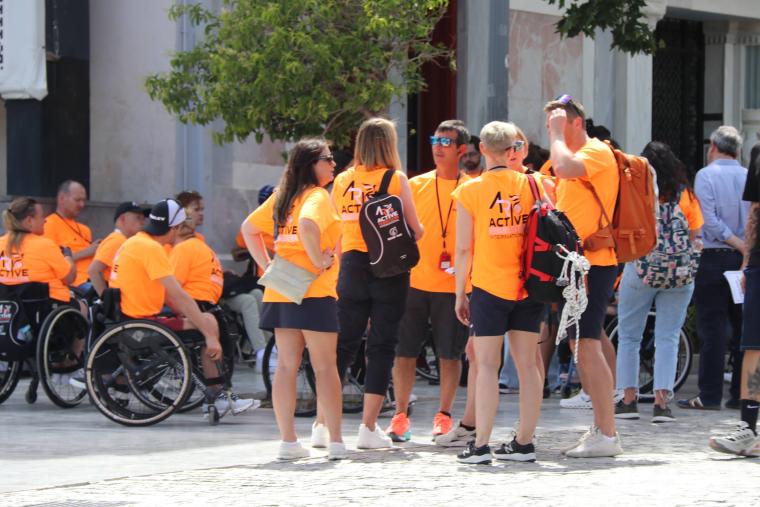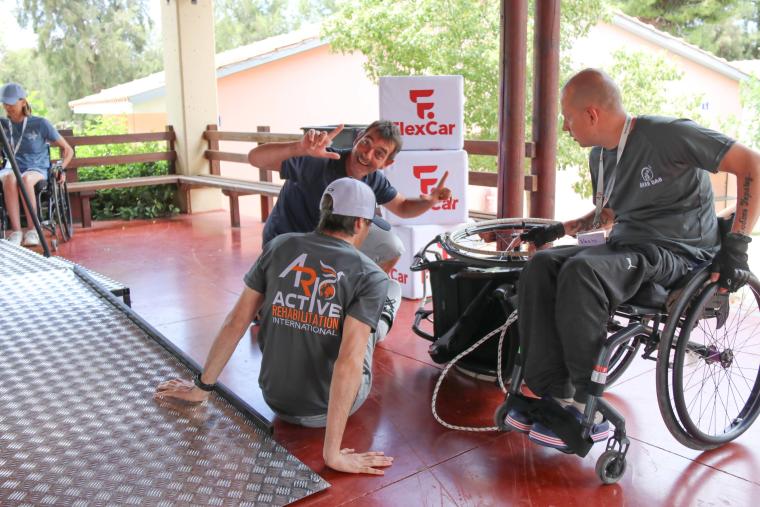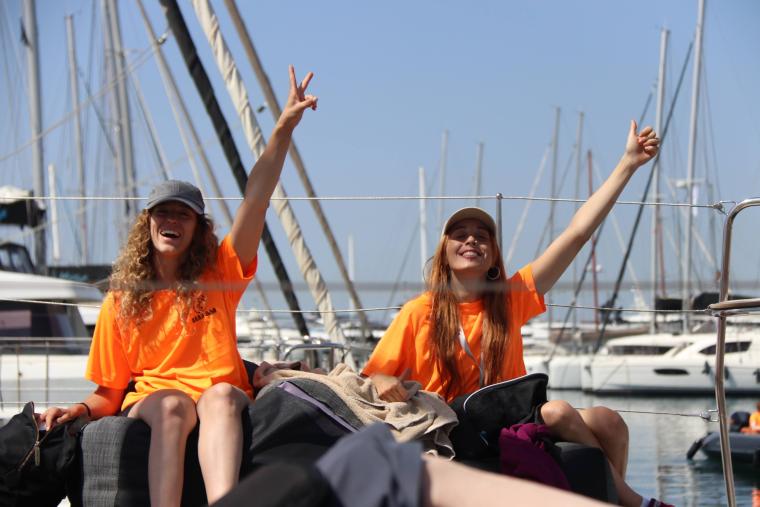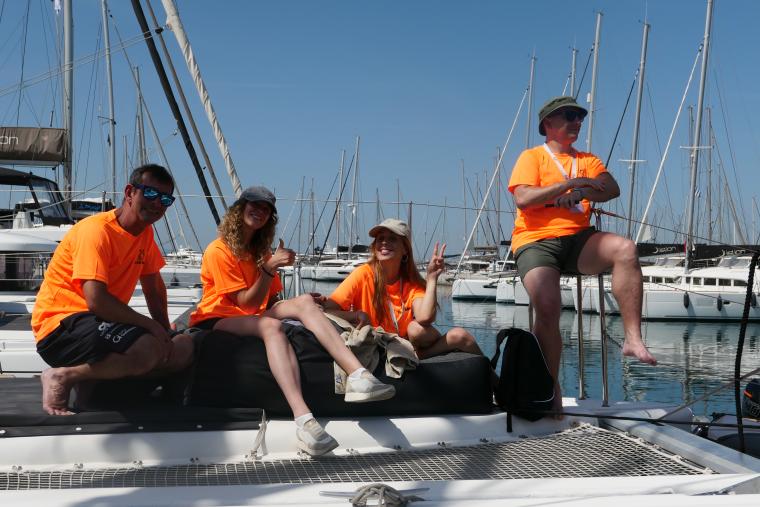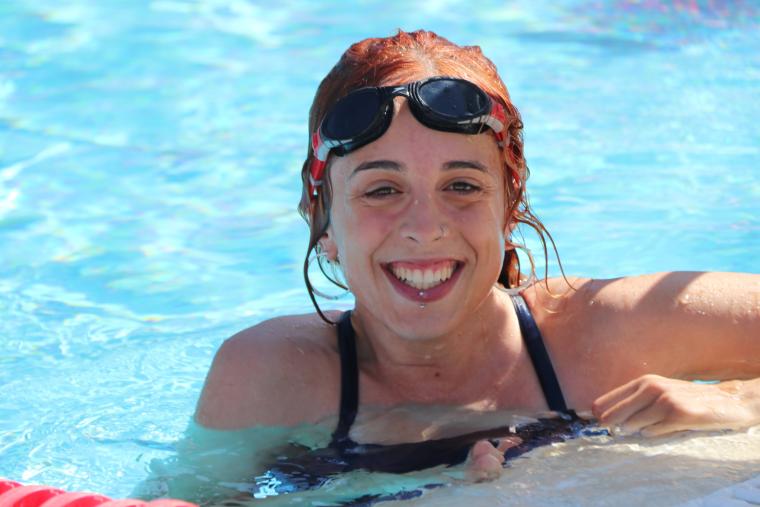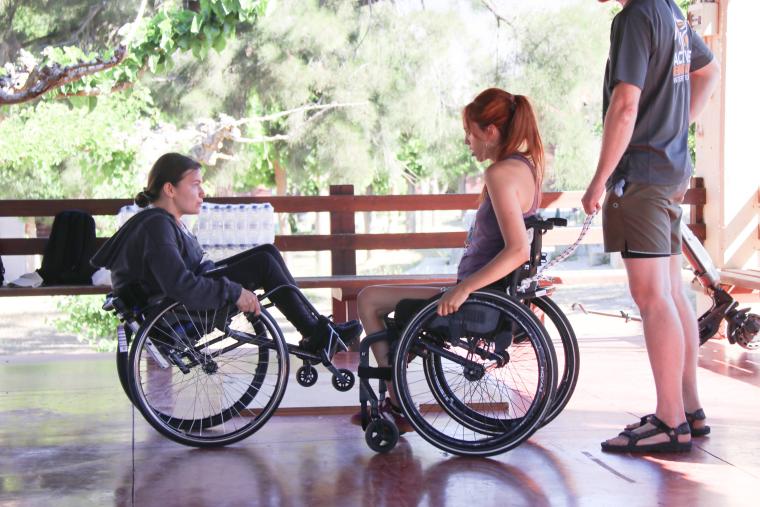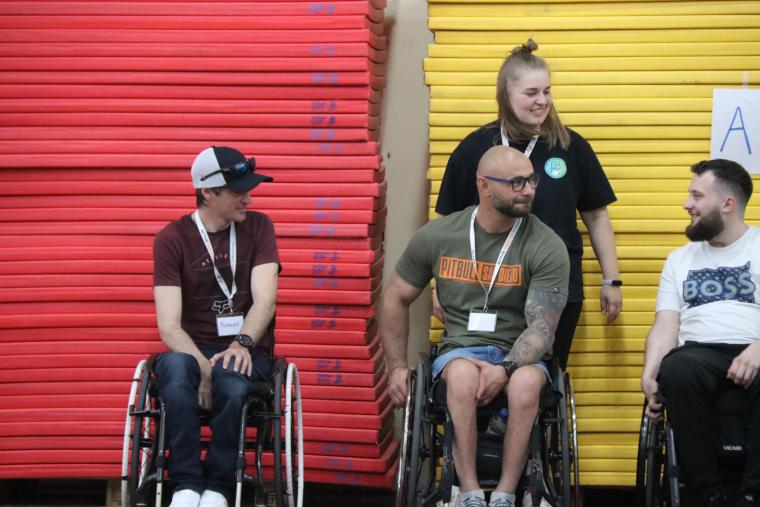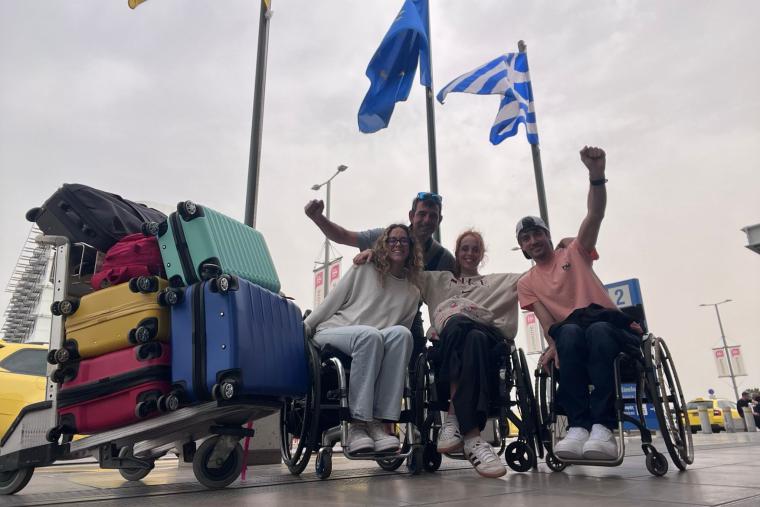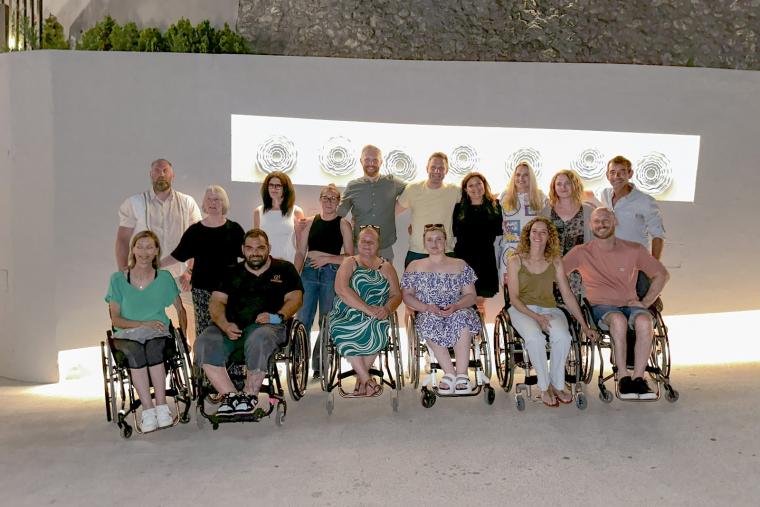The Institut Guttmann participates in the first international Active Rehabilitation campus in Greece as a member of the ARI network
The Institut Guttmann participates in the first international Active Rehabilitation campus in Greece as a member of the ARI network
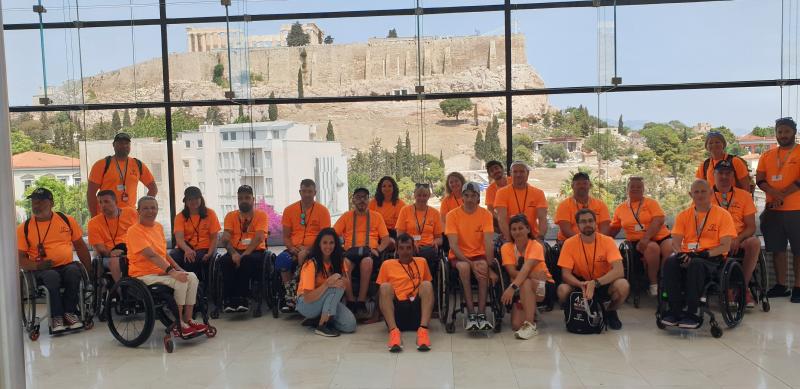
The Institut Guttmann recently participated in the first international Active Rehabilitation Campus, organized by the Active Rehabilitation International (ARI) network in Loutraki, Greece. This pioneering event brought together representatives from nine European countries—Sweden, Latvia, Lithuania, Estonia, Poland, Ukraine, Greece, Spain and Norway—who are working together to promote an active rehabilitation model focused on independent living, peer support and inclusion.
The Institut Guttmann, as an active member of this network, participated in both the coordination meeting and the campus. Professionals Jana Arimany and Àlex Castan attended as representatives of the institution, accompanied by two ex-patients, Albert and Esti, who lived the experience as participants in the program.
For 8 days, the campus —held at the SportCamp Loutraki sports facilities— offered a wide range of practical activities: wheelchair skills, transfers, swimming, archery, team sports and strength and endurance sessions. There were also recreational outings to get to know the territory, such as a day at sea and a cultural visit to the Acropolis of Athens.
What is ARI?
The Active Rehabilitation International (ARI) network brings together organizations and professionals from all over Europe with the aim of promoting Active Rehabilitation on an international scale, standardizing good practices and encouraging the exchange of knowledge and resources. This rehabilitation modality is based on peer mentoring, community participation and training to promote independence and social inclusion of people with spinal cord injuries.
As Marianne Holth Dybwad, Director of the Sunnaas Foundation (Norway), highlights:
“ARI is an important step towards integrating the Active Rehabilitation model into health and rehabilitation services around the world.”
In addition, at this latest meeting, four more countries (Denmark, Romania, Croatia and Switzerland) have shown formal interest in becoming part of the network, which demonstrates the growing impact of this collaborative movement.
Global commitment to quality of life
ARI is also working to create a common theoretical framework, establish training and accreditation programs for mentors and promote research to demonstrate the effectiveness of the model. The goal is for more and more people with spinal cord injuries around the world to be able to live active, autonomous and fulfilling lives, beyond the hospital environment.
